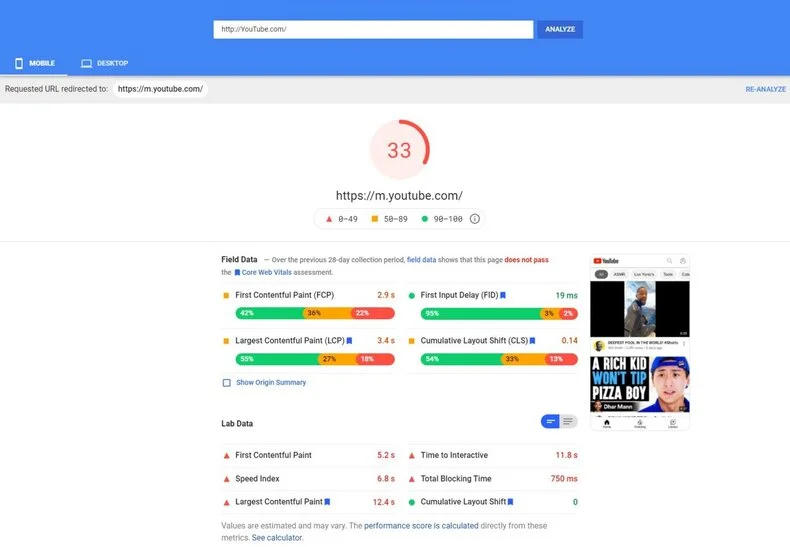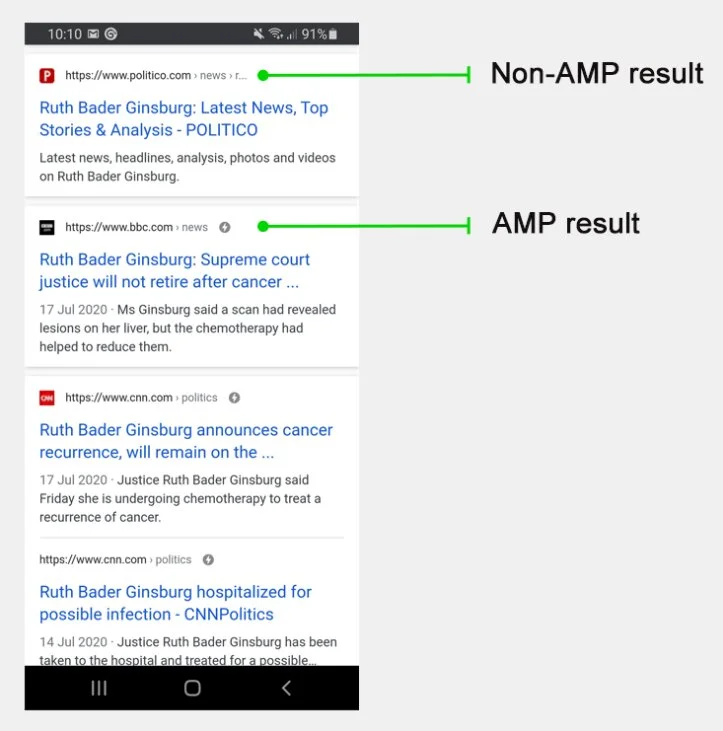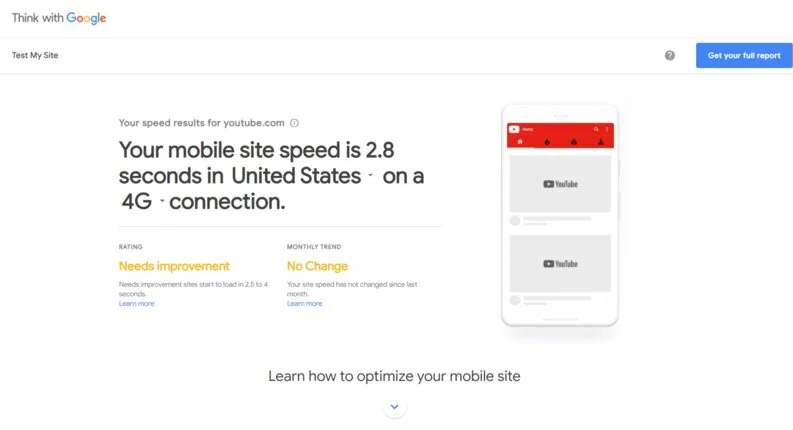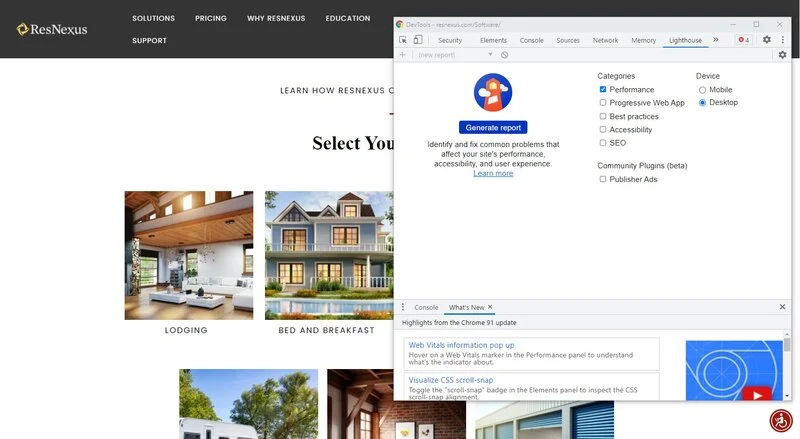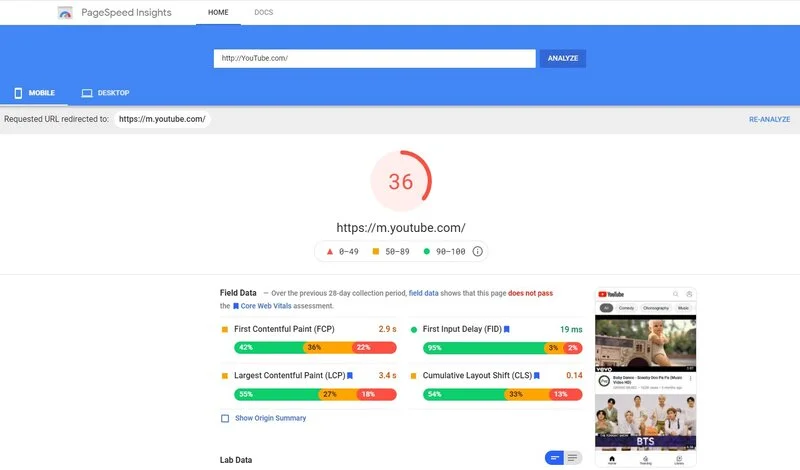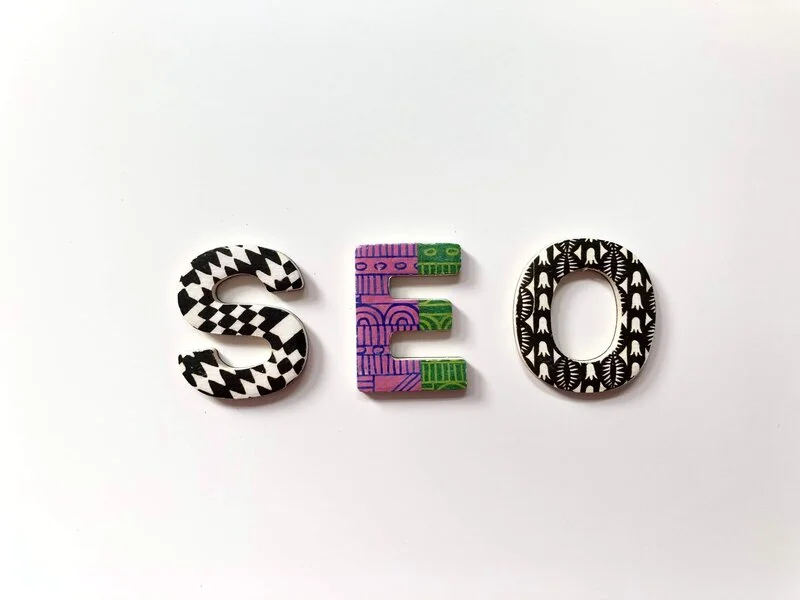Lighthouse
Lighthouse is a developer-focused tool on Google Chrome that will evaluate any website's mobile performance, SEO, accessibility and best practices. It's a little bit more tech-heavy, but can be a huge help in finding out how to improve your website.
Lighthouse will also suggest specific opportunities and areas for improvement, which can help you earn higher performance scores and a better search ranking. These suggestions will help refine your web page in small ways.

